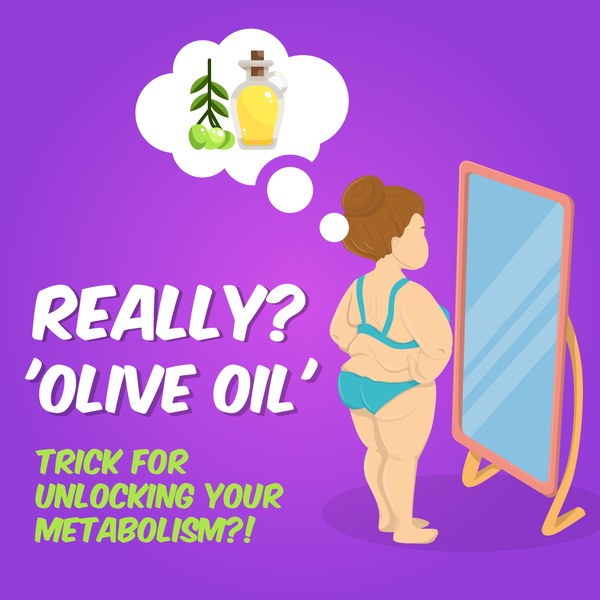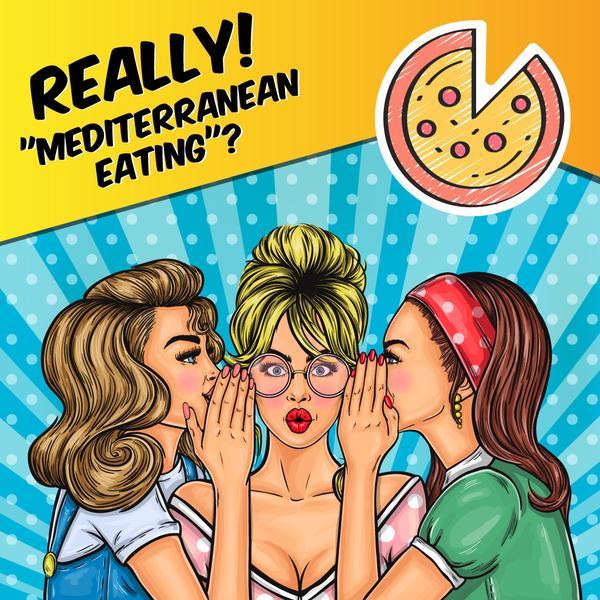


The Mediterranean Diet is inspired by the traditional culinary habits of countries bordering the Mediterranean Sea—think Italy, Greece, Spain, southern France, and even regions like Morocco, Cyprus, and Portugal It emphasizes whole, minimally processed foods: fruits, vegetables, legumes, nuts, whole grains, fish, and moderate amounts of dairy, with olive oil as the primary source of fat and red wine enjoyed in moderation
But it's more than just what’s on the plate. This lifestyle blends communal meals, cultural traditions, and shared food rituals—fostering meaningful connections and a mindful, slower-paced approach to eating .
Regular physical activity—like walking, gardening, or casual sports—is integral, merging diet and movement for a more holistic impact .


Heart, brain, and longevity benefits: Observational studies link the diet to reduced heart disease, longevity, and lower mortality
Gut–brain benefits: High fiber, fermented foods, and omega-3s help nurture gut health, supporting mood regulation via the gut–brain axis

Anti-inflammatory and antioxidant effects: Rich in polyphenols and healthy fats, this diet helps lower inflammation and cellular stress markers like C-reactive protein Synergistic lifestyle effects: Combining the Mediterranean diet with exercise and social engagement elevates mental and cognitive resilience—some studies even show better outcomes against dementia risk

Enhanced mental and emotional health: People adhering to this diet report better self-perceived mental and physical health . Meta-analyses and trials have found up to 33% lower risk of depression, and RCTs like PREDIMED and SMILES show promising improvements in mood and anxiety symptoms
